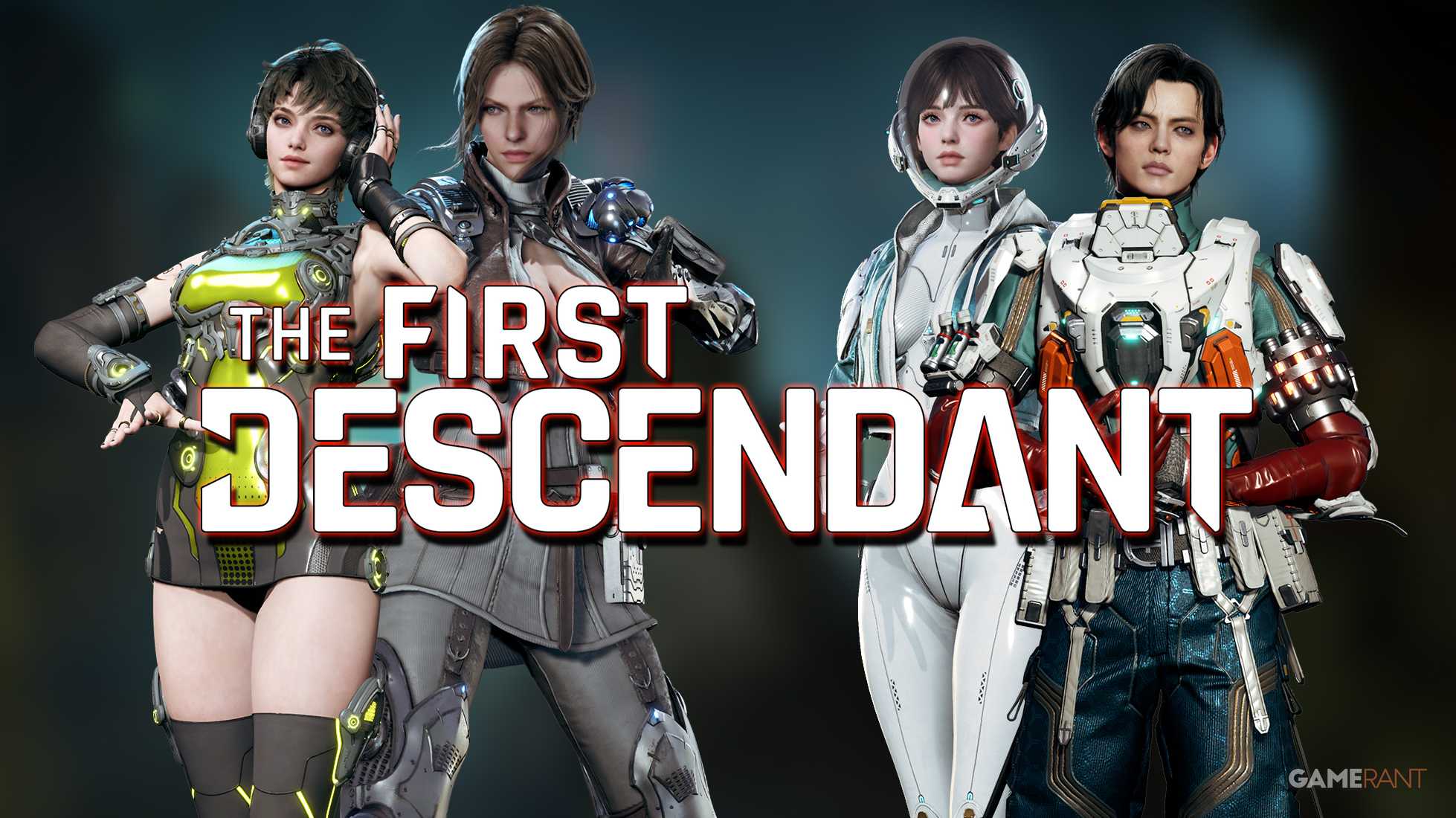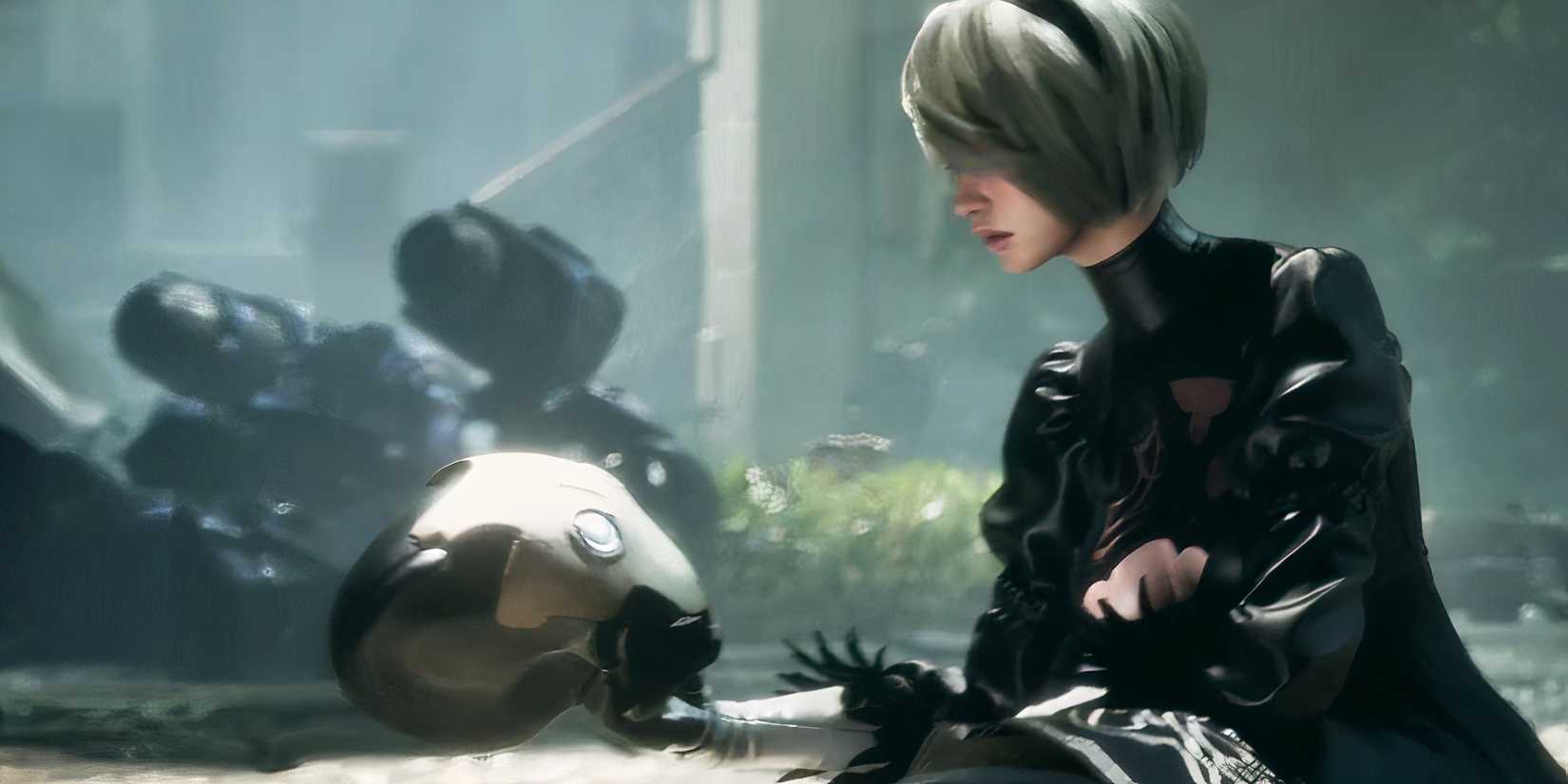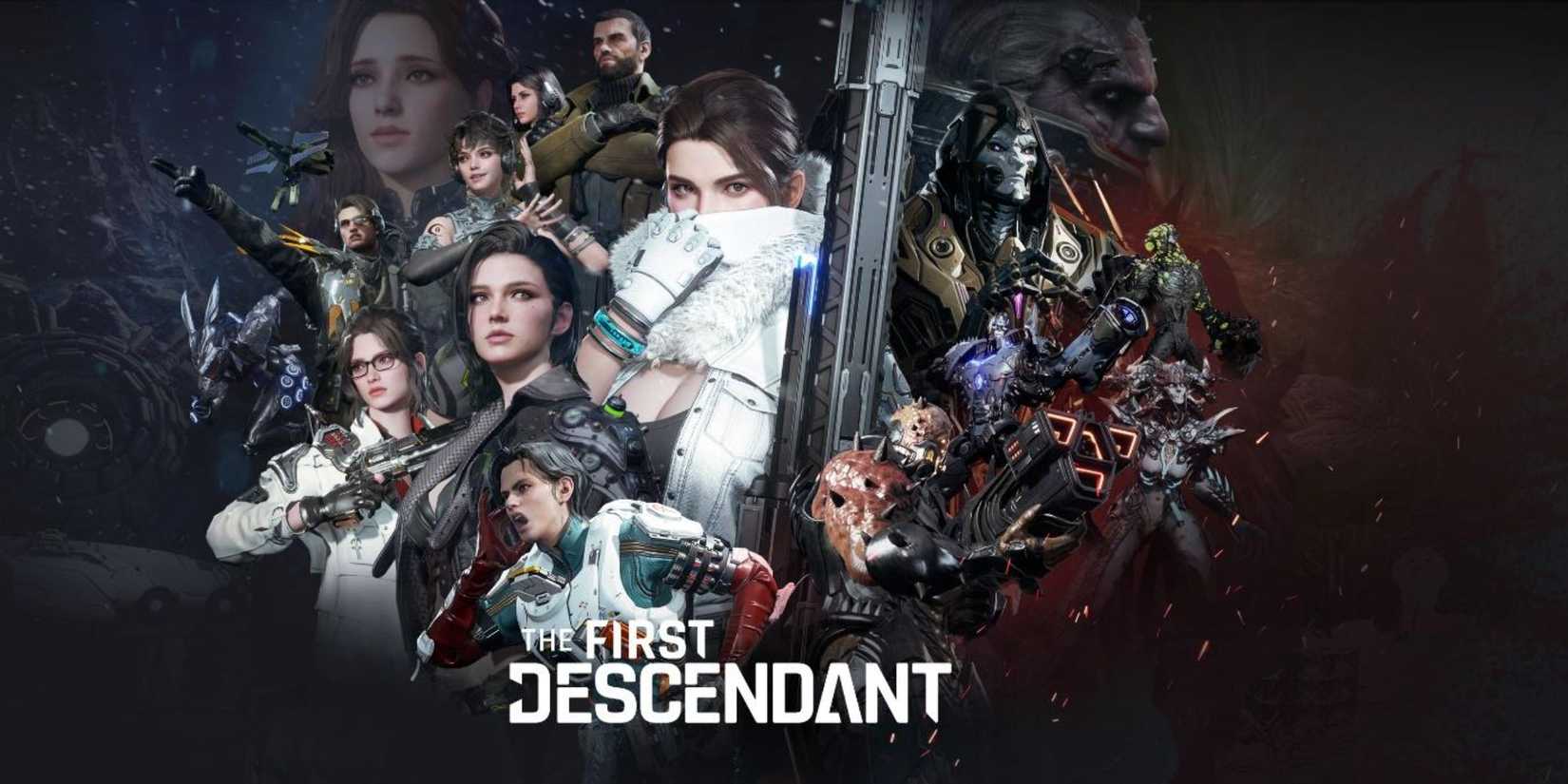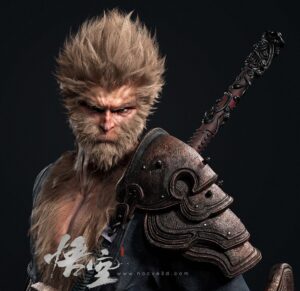The Bizarre AI Influencer Ads That Are Sparking Controversy for ‘The First Descendant’
Popular Now
 Minecraft
Minecraft
 God of War Ragnarök
God of War Ragnarök
 Garena Free Fire: Kalahari
Garena Free Fire: Kalahari
 PUBG Mobile
PUBG Mobile
 Roblox
Roblox
 Warframe
Warframe
 Grand Theft Auto V
Grand Theft Auto V
 BeamNG.drive
BeamNG.drive
 Call of Duty
Call of Duty
 Stumble Guys
Stumble Guys
 In a world where video game marketing is often dominated by cinematic trailers, influencer partnerships, and community-driven content, Nexon, the publisher of the new looter-shooter ‘The First Descendant,’ has taken a bizarre and deeply controversial approach. The company has launched a series of advertisements on platforms like TikTok that feature AI-generated “influencers” discussing the game. These aren’t just generic, computer-generated avatars; they are uncanny, digital clones of what appear to be real content creators, complete with their facial features, mannerisms, and even speech patterns. The move has sparked a firestorm of criticism within the game’s community, with players and content creators alike expressing confusion, disappointment, and even disgust at the perceived laziness and ethical issues of the campaign.
In a world where video game marketing is often dominated by cinematic trailers, influencer partnerships, and community-driven content, Nexon, the publisher of the new looter-shooter ‘The First Descendant,’ has taken a bizarre and deeply controversial approach. The company has launched a series of advertisements on platforms like TikTok that feature AI-generated “influencers” discussing the game. These aren’t just generic, computer-generated avatars; they are uncanny, digital clones of what appear to be real content creators, complete with their facial features, mannerisms, and even speech patterns. The move has sparked a firestorm of criticism within the game’s community, with players and content creators alike expressing confusion, disappointment, and even disgust at the perceived laziness and ethical issues of the campaign.
The controversy first came to light when members of the ‘The First Descendant’ community began encountering these ads on their social media feeds. The videos feature what look like young, enthusiastic streamers talking directly to the camera about the game’s latest season, “Breakthrough,” which includes a highly-anticipated crossover with ‘NieR: Automata.’ However, upon closer inspection, the digital clones exhibit classic “uncanny valley” characteristics: stiff, unnatural head movements, robotic and poorly-synced lip movements, and voices that sound slightly off. The ads even feature AI-generated attempts at enthusiasm, such as awkward head bobs that fail to convince viewers of their sincerity. The most egregious aspect of the campaign, according to reports from PC Gamer and other outlets, is that one of these AI personalities appears to be a direct imitation of a real-life horror and variety streamer, raising serious questions about consent and the use of real people’s likenesses without their permission.
 A Kick in the Teeth to the Community and Content Creators
A Kick in the Teeth to the Community and Content Creators
The backlash from the community has been swift and fierce. On platforms like Reddit and Twitter, players are voicing their frustration and embarrassment. Many are questioning why a game with a dedicated community and an official “Nexon Creators” program would resort to such a bizarre and seemingly cheap marketing strategy. One user on the official subreddit for ‘The First Descendant’ pointed out that the Nexon Creators program already has thousands of members who produce genuine, high-quality content for the game. For the publisher to opt for “AI slop” instead of supporting these real creators is seen as a massive insult and a betrayal of the community. The irony is that the game’s community is already creating high-quality, organic content, yet the official marketing team has decided to go with a method that makes the game look cheap and fake.
The sentiment is that these ads not only fail to attract new players but actively turn them away. As one Redditor put it, “It’s embarrassing. I genuinely believe these ads will actually hurt the game because anyone who was maybe half interested in checking it out would see these and think ‘not a f***ing chance.'” The ads resemble the infamous, low-effort advertisements for mobile games and other cash-grabs, a visual style that is completely at odds with the high-fidelity graphics and polished gameplay of ‘The First Descendant.’ The disconnect between the game’s visual identity and its marketing is so severe that it raises questions about the publisher’s understanding of its Western audience and the ethical implications of its practices.
The Broader Context of AI in Gaming and Marketing
This controversy is not an isolated incident but rather a microcosm of a larger, ongoing debate about the role of AI in the video game industry. As AI technology becomes more accessible, companies are increasingly exploring its use in everything from asset generation to marketing. However, the use of AI in creative fields raises a number of ethical and practical concerns, including:
- Authenticity and Trust: As a recent study from Northeastern University found, AI-powered influencers can damage brand trust, especially if consumers feel they are being misled. An AI persona cannot genuinely experience or recommend a product, and the lack of human connection can lead to a sense of distrust and cynicism among potential customers.
- Job Displacement and Ethical Sourcing: The use of AI influencers bypasses the need to hire and collaborate with real content creators, threatening the livelihoods of a key group of professionals who are vital to the gaming ecosystem. Furthermore, the practice of training AI on the likeness and voice of real people without their explicit consent is a massive ethical red flag, with potential legal ramifications.
- The Uncanny Valley Effect: Despite technological advancements, AI-generated human likenesses often fall into the “uncanny valley,” a phenomenon where a near-human but not-quite-human figure elicits feelings of revulsion and unease. The ‘The First Descendant’ ads are a prime example of this, with their robotic head bobs and unnatural expressions doing more to alienate viewers than to engage them.
 While the full impact of this marketing campaign on ‘The First Descendant’ remains to be seen, the immediate and widespread negative reaction from the community is a clear sign that this was a significant misstep. It is a cautionary tale for game publishers and a reminder that while AI offers new tools for creativity and marketing, it cannot replace the genuine connection that players have with real-life creators and with the games they love. The controversy highlights the growing importance of authenticity and community engagement in a saturated market, and it serves as a powerful testament to the fact that, for many gamers, human connection is still what matters most.
While the full impact of this marketing campaign on ‘The First Descendant’ remains to be seen, the immediate and widespread negative reaction from the community is a clear sign that this was a significant misstep. It is a cautionary tale for game publishers and a reminder that while AI offers new tools for creativity and marketing, it cannot replace the genuine connection that players have with real-life creators and with the games they love. The controversy highlights the growing importance of authenticity and community engagement in a saturated market, and it serves as a powerful testament to the fact that, for many gamers, human connection is still what matters most.










